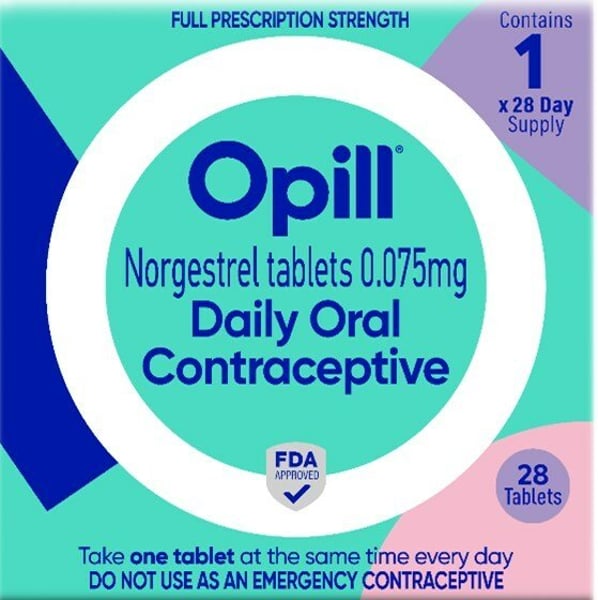(330) 876-1228
8507 Main StreetKinsman, OH 44428
(330) 876-1229

The U.S. Food and Drug Administration on Thursday approved the nation's first over-the-counter birth control pill, a move that will likely pave the way for far greater access to contraception for Americans.
Women will be able to buy the progestin-only oral contraceptive at drug stores, convenience stores and grocery stores, the FDA said. There is no age limit.
Opill, which is made by Perrigo, should be available in stores starting in January or February, the Washington Post reported. The suggested retail price is expected to be announced this fall.
Opill was first approved by the FDA in 1973. Other types of birth control pills will remain prescription only.
"Today's approval marks the first time a nonprescription daily oral contraceptive will be an available option for millions of people in the United States,"Dr. Patrizia Cavazzoni, director of the FDA's Center for Drug Evaluation and Research, said in an agency news release announcing the approval. "When used as directed, daily oral contraception is safe and is expected to be more effective than currently available nonprescription contraceptive methods in preventing unintended pregnancy."
The American Medical Association, the American Academy of Family Physicians, the American College of Obstetricians and Gynecologists (ACOG), and other medical organizations already support over-the-counter access to hormonal contraception without age restrictions.
The Free the Pill coalition also has been advocating for over-the-counter status for birth control pills since 2004, citing the many barriers that exist for people who want to use birth control pills, especially those from marginalized communities.
"It's a transformative change in contraceptive access and reproductive health,"said Victoria Nichols, project director of Free the Pill, a coalition of dozens of groups working for over-the-counter birth control pills in the United States.
In its decision, the FDA followed the recommendation of an advisory panel, which voted unanimously in May in favor of the over-the-counter pill.
In briefing documents filed before the advisory panel meeting, the agency raised concerns about whether people will use these pills appropriately.
Studies showed that a high proportion of consumers understand the Opill label instructions, supporting their ability to properly use the drug over-the-counter, the FDA has said.
Opill was first up for over-the-counter review in November 2022, but the FDA delayed a decision to review additional information.
Dr. Kristyn Brandi, ACOG's Darney-Landy Fellow and an obstetrician/gynecologist in Newark, N.J., believes Opill should be sold over the counter.
The one major contraindication for this pill is having active breast cancer.
But "the vast majority of people with active breast cancer are already seeing several health care providers who will have the conversation with them about birth control,"Brandi said.
The FDA also cited concerns that the pill may not be as effective in people who are overweight or obese, but Brandi does not think that this will or should be an issue. "We don't do anything different for patients that are obese who take the pill [via prescription],"she said.
Making a birth control pill available without a prescription is even more important in the wake of the U.S. Supreme Court ruling overturning Roe v. Wade last year, a decision which eliminated the constitutional right to terminate pregnancies, kicking the issue back to the states.
"People are already facing barriers to the reproductive health care that they need and deserve,"Brandi noted. "Over-the-counter access to contraception is not a solution to abortion bans, but increasing access to contraception will help more folks be able to prevent pregnancy"¦ and the value of this can't be overstated."
More information
The American College of Obstetricians and Gynecologists offers more on choosing the best birth control method.
SOURCES: U.S. Food and Drug Administration, news release, July 13, 2023; May 8, 2023, media briefing with: Victoria Nichols, project director, Free the Pill, Cambridge, Mass.; Kristyn Brandi, MD, Darney-Landy Fellow, American College of Obstetricians and Gynecologists, obstetrician/gynecologist, Newark, N.J.; Washington Post
